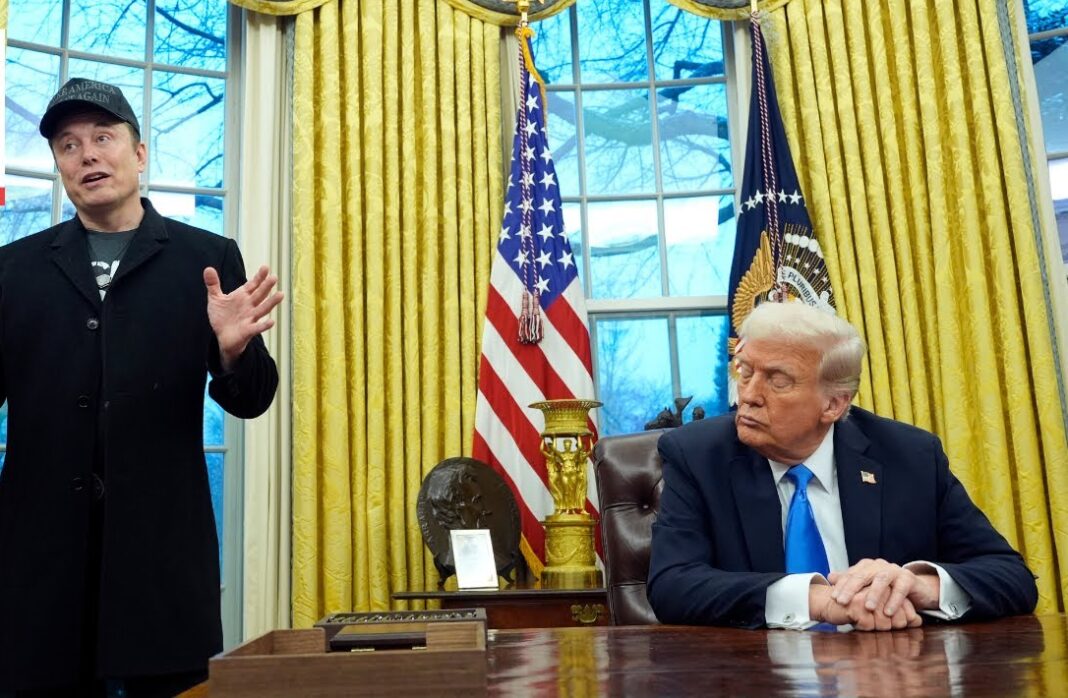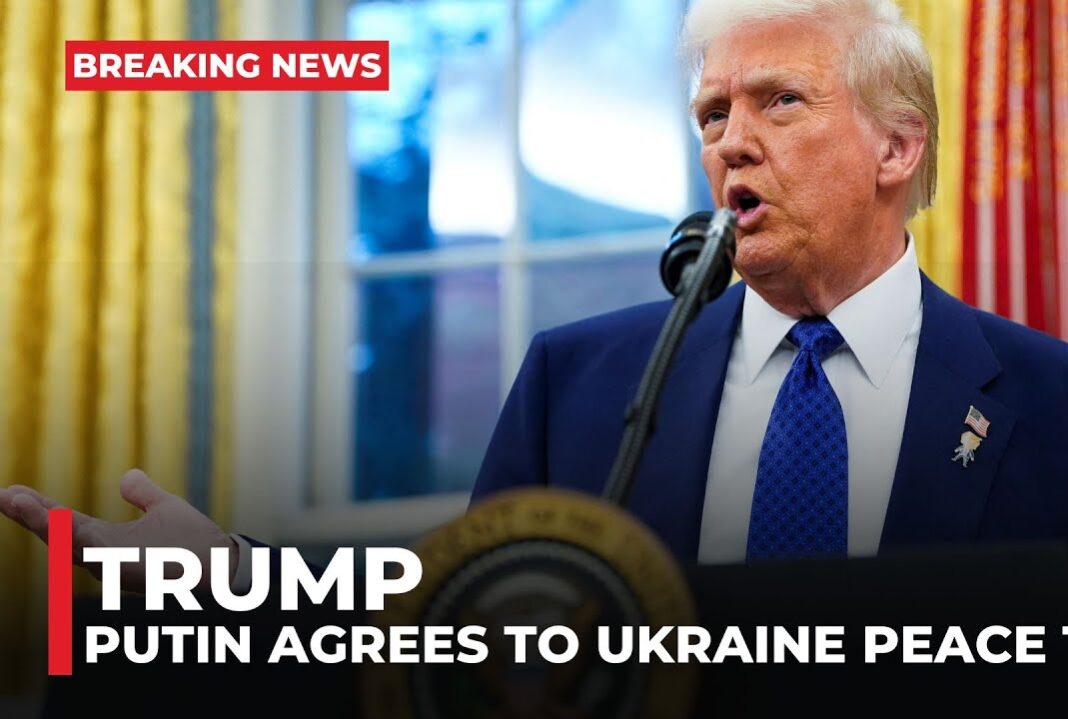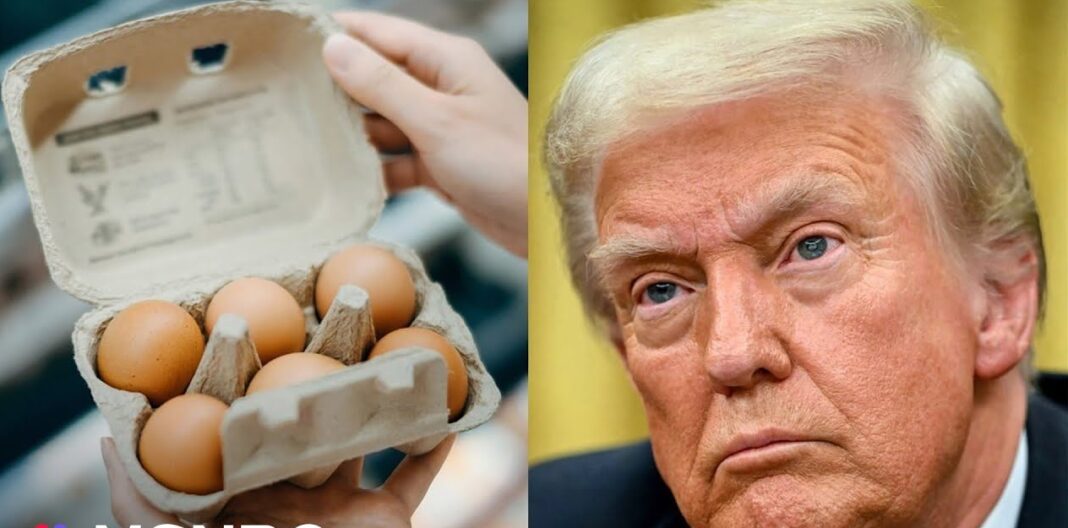Recent moves by the Trump administration, in collaboration with Elon Musk, aim to reduce federal government expenditures significantly. These actions have sparked controversy, with Democrats calling them unethical and unlawful. The restructuring efforts focus on cost-cutting measures, workforce reductions, and foreign policy adjustments.
Federal Workforce Reductions and Legal Challenges
President Trump has signed an executive order granting Musk increased authority over government efficiency initiatives. The plan includes reducing the federal workforce and eliminating inefficiencies. However, court rulings have temporarily halted federal worker buyouts and funding freezes. The administration remains determined to continue these efforts, despite legal obstacles.
Inspector General Firing Raises Concerns
The administration recently dismissed the Inspector General of the U.S. Agency for International Development (USAID). This decision came a day after the watchdog raised concerns about the risks associated with major budget cuts. Critics argue that this move undermines transparency and accountability within the agency.
Immigration Policy Adjustments and Border Security Funding
The administration is increasing pressure on immigration enforcement. Two senior officials within the Immigration and Customs Enforcement (ICE) division were reassigned due to dissatisfaction with the pace of deportations. Additionally, Trump’s team is requesting more funds from Senate Republicans to expedite border security measures. These changes align with the administration’s priority of reducing illegal immigration.
Diplomatic Budget Cuts and Consulate Closures
In line with cost-cutting initiatives, the State Department is considering shutting down several U.S. consulates and diplomatic posts. Potential closures could affect locations in Europe, Canada, and Mexico. While final decisions have not been made, the administration views these cuts as necessary to reallocate resources efficiently.
Financial Impact and Allegations of Waste
Trump and Musk claim to have identified billions of dollars in fraud and waste across government agencies. However, specific details supporting these claims have not been disclosed. The lack of transparency has fueled skepticism among political opponents and watchdog organizations.
Future Outlook: What Lies Ahead?
Key factors that will shape the future of these policies include:
- Legal Outcomes: Court rulings will determine the feasibility of federal worker buyouts and funding freezes.
- Congressional Support: The administration needs backing from lawmakers to implement major budgetary changes.
- Public and International Response: Potential backlash from affected employees and foreign governments could influence policy adjustments.
- Economic Consequences: Long-term effects on domestic and international relations remain uncertain.
Conclusion
The Trump administration’s efforts to restructure the federal government continue to face legal and political challenges. The collaboration with Elon Musk adds an unconventional element to these initiatives. As the administration pushes forward with cost-cutting strategies, the impact on government efficiency, workforce stability, and international diplomacy will be closely monitored.
Disclaimer
This article provides an objective summary of recent government restructuring efforts. It does not endorse any political stance. Readers are encouraged to refer to official statements and independent reports for further analysis.
Liam Baker is a labor market researcher with expertise in workforce automation and employment trends. His insights have appeared in multiple HR and economics publications.




